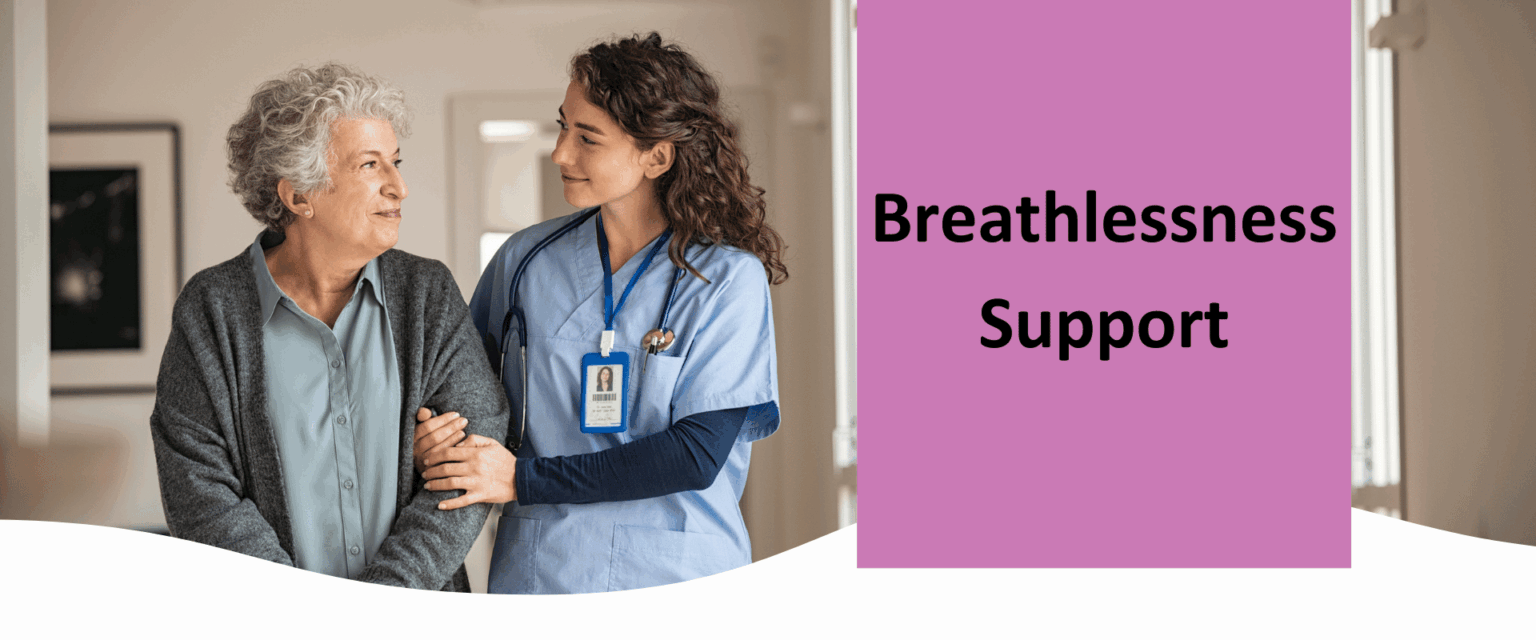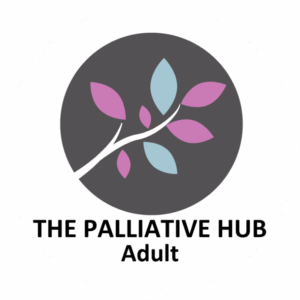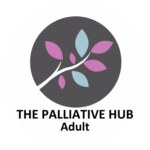
Home » Palliative Care Journey » Care » Breathlessness Support
Breathlessness Support
Breathlessness or dyspnoea is a common and distressing symptom in palliative care particularly in people with advanced diseases such as cancer, heart failure and chronic obstructive pulmonary disease (COPD). Breathlessness can severely affects a person’s quality of life and those important to them, leading to anxiety, discomfort and a sense of helplessness.
While breathlessness can be a difficult symptom to live with, there are ways you can reduce its impact on your life. Understanding why breathlessness happens, how the body responds and how you can control these responses can be a very useful way of managing your breathlessness.
Managing Breathlessness
The following section contains breathing techniques that may help you manage different activities.
It is normal to use your breathing accessory muscles when breathless but also important to relax and ‘switch them off’ once the breathlessness episode has passed. If you tend to breathe with small, fast breaths from the top of your chest, you may find taking slower, deeper breaths from your lower tummy helps you to recover from activity and to settle if you feel panicky.
Will using a fan help my breathlessness?
When breathless you may instinctively go to an open door or window to ‘get some fresh air’. Research has shown that in a similar way a cool draught of air from a handheld fan can reduce the feeling of breathlessness.
Breathing Techniques and Exercises
- Managing shortness of breath
- Moving from sitting to standing
- Climbing stairs
- Respiratory muscle exercises
Conditions
This section contains some national support groups and resources related to the conditions.
Chronic Obstructive Pulmonary Disease (COPD): COPD Support Ireland
Idiopathic Pulmonary Fibrosis (IPF): Irish Lung Fibrosis Association
Cancer: Irish Cancer Society – Breathlessness Support, Macmillan Cancer Support – breathlesness
Relaxation and Mindfulness
Relaxation is a skill that takes practice for it to become a natural response. It may be that you have developed a habit of tensing up in certain situations such as if you are expecting your breathing to be worse. It is important to practice relaxation to help with these times to reduce tension, anxiety and the stress hormone, adrenaline. You could try listening to podcasts, relaxing music or videos.


